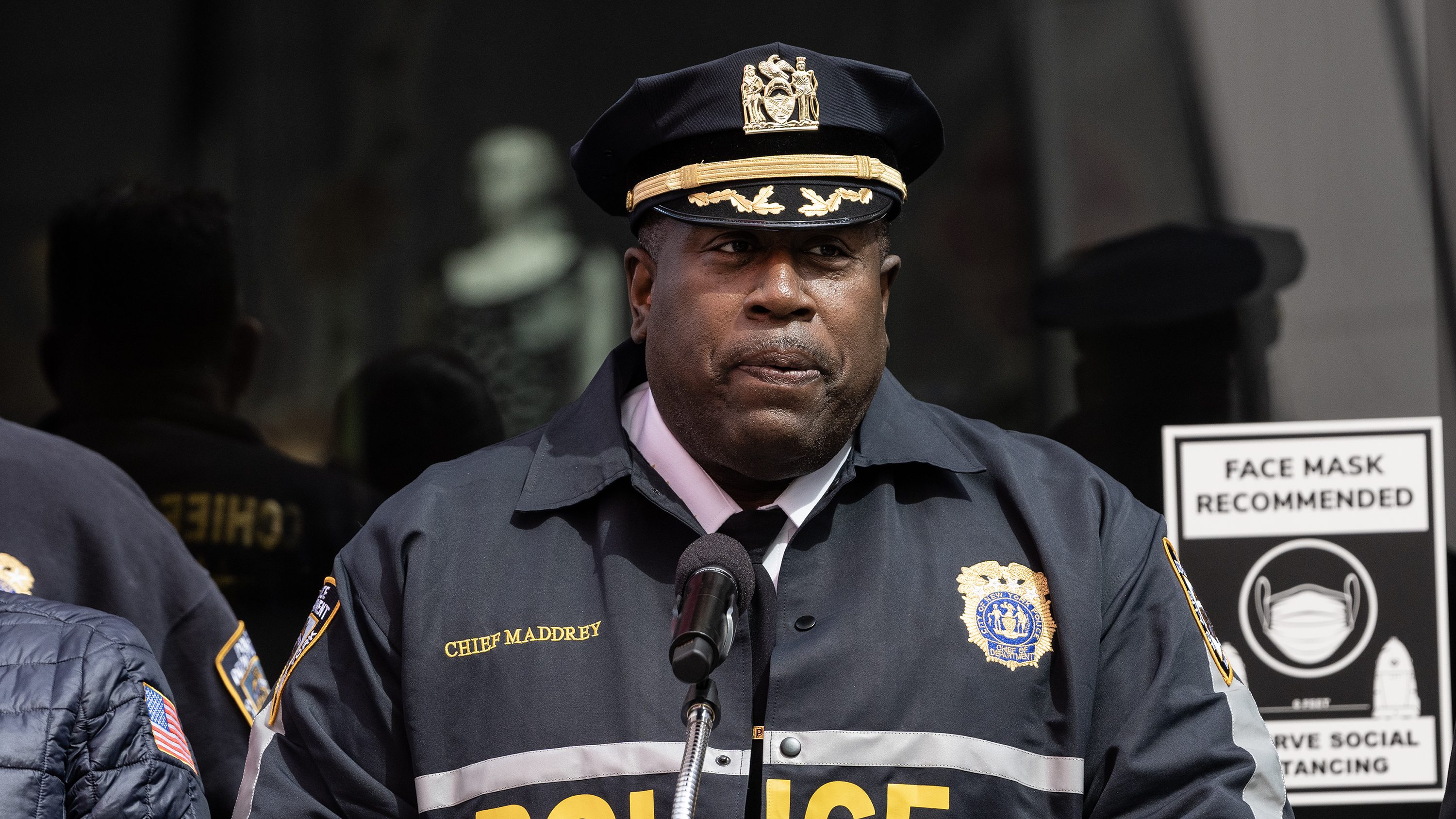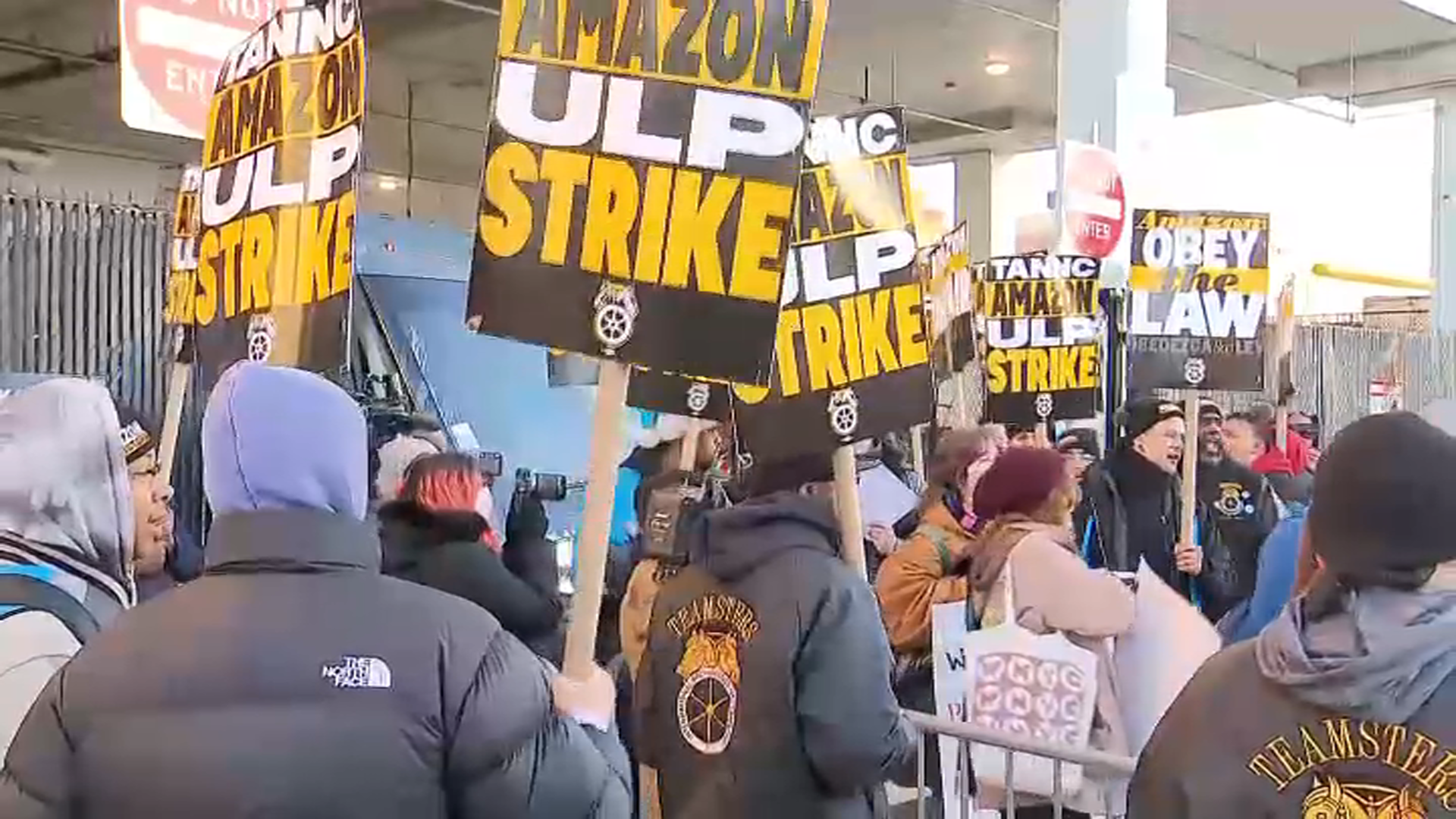There are currently 9 states whose infection rates mean travelers from there will have to quarantine.
What to Know
- New York, New Jersey and Connecticut will impose a quarantine on travelers from any state where infections pass a certain level
- The order currently applies to eight states: Alabama, Arizona, Arkansas, Florida, North Carolina, South Carolina, Utah, Texas
- The 14-day self-quarantine order mirrors similar orders other states imposed on New Yorkers earlier in the crisis
The governors of New York, New Jersey and Connecticut said Wednesday they will implement a mandatory quarantine on visitors to their states from viral hotspots, part of a coordinated effort to sustain low local infection rates as coronavirus cases surge to two-month highs across nearly half of the country.
The order, which went into effect at 11:59 p.m. ET Wednesday, does not block people from traveling. But it does make clear that if you've been in a state that meets the guidelines -- like taking a vacation to Florida and then coming home, or visiting New York from Texas on business -- you will have to quarantine for 14 days on arriving. Airports and highways will have reminder signs, and hotels will be asked to inform guests as well.
The goals, the governors say, is to prevent what would amount to a second wave. New York City, the former epicenter of the national epidemic, now boasts one of the lowest COVID transmission rates in the nation. New study data from COVID Act Now shows New York and New Jersey are two of just four states on track to contain COVID. Meanwhile, new U.S. coronavirus cases have soared to levels last seen in April as the pandemic first worsened across America.
"We need to do things right inside the four walls in our respective states," Gov. Phil Murphy said at a Wednesday news conference with Gov. Andrew Cuomo and Gov. Ned Lamont. "We've been to hell and back. The last thing we need to do right now is to subject our folks to another round."
Young adults are accounting for an increasing share of new COVID cases, raising alarms at both national and local levels. In New Jersey, people ages 18 to 29 have accounted for nearly a quarter of new June virus cases, compared with just 12 percent of new cases in April. Murphy has warned he may have to pause his state's reopening process if the daily upticks turn into a trend.
Lamont on Wednesday cited the problem of states where 25 percent of people or more were testing positive, and where infections were spreading aggressively not just in nursing homes but among those younger populations. The Connecticut governor said that they will be launching a campaign, reaching out on social media and contacting travel agents to inform people of the new protocols. Gov. Cuomo said his administration had reached out to airlines and other businesses to ensure that travelers are aware.
News
Cuomo said the quarantine will apply to any state where 10 of every 100,000 people test positive on a rolling seven-day basis, or where the positivity rate in the total population is 10 percent, also on a seven-day rolling basis.
Some eight states currently meet that threshold, he said: Alabama, Arkansas, Arizona, Florida, North Carolina, South Carolina, Utah and Texas. That list will be updated regularly and apply uniformly across the states, all part of the effort to keep infections from popping back up. Some have called it a karmic reversal, noting that some of those states, like Florida and Texas, at one time had imposed similar mandatory quarantines on people coming there from the tri-state. Now the roles have changed.
"I think it's definitely a good thing because nobody takes this serious in Florida. It's hard to," said Allen Massre, a traveler from Murray Hill who arrived back just before the quarantine rules went into effect.
"It's so terrible. And they don't wear masks. They don't wear masks, I just don't understand it. It's such a simple thing," said another traveler.
There won't be much in terms of enforcement to go along with the new measure, however, as Cuomo said he won't use something like National Guard troops to follow up with passengers. He said it's up to individuals arriving from those states to act responsibly.
"You can violate the quarantine until you get caught, and then you're fined thousands of dollars," Cuomo said. "Hopefully we're on the other side and we stay on the other side."
For most people, the virus causes mild or moderate symptoms, such as fever and cough. For some, especially older adults and people with existing health problems, it can cause more severe illness or lead to death.
Since the beginning of March, more than 604,000 residents of the tri-state region have tested positive for COVID-19, and more than 41,000 people have died.
But whereas nearly 800 people a day were dying just in New York at the peak of the crisis, that toll is now down to less than 30 a day. Meanwhile, cases are spiking to their highest levels yet in places like Florida, Texas and Arizona.
"It's clear ... there is a problem in a number of other states and we have to be very careful about the impact that would have on New York," New York City Mayor Bill de Blasio said at a Wednesday news conference.
Nationally, NBC estimates at least 121,000 have died from the virus. Confirmed cases topped 2.3 million this week. The U.S. reached a new single-day high for new coronavirus cases Wednesday, according to NBC News, with 45,557 new infections. That tops April 26, when there were more than 36,200 new cases and the tri-state was in the midst of some of its darkest days of the pandemic.



